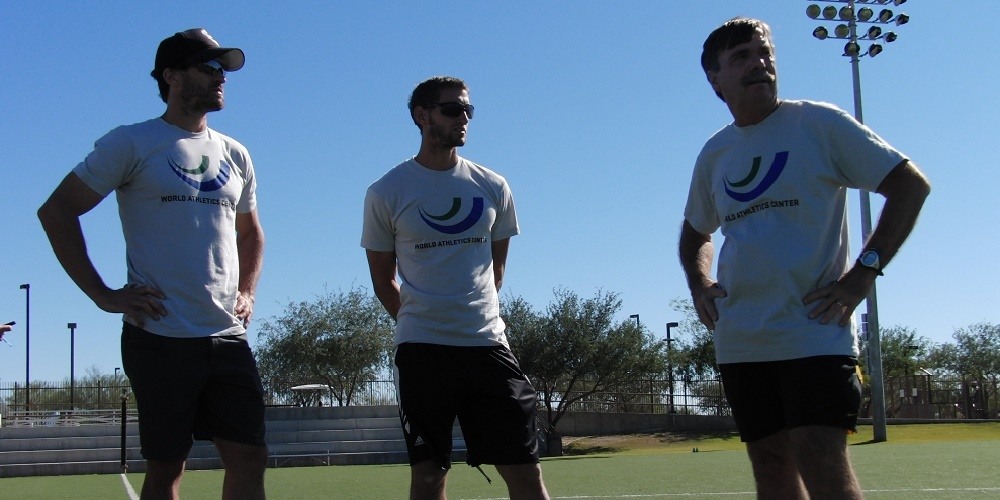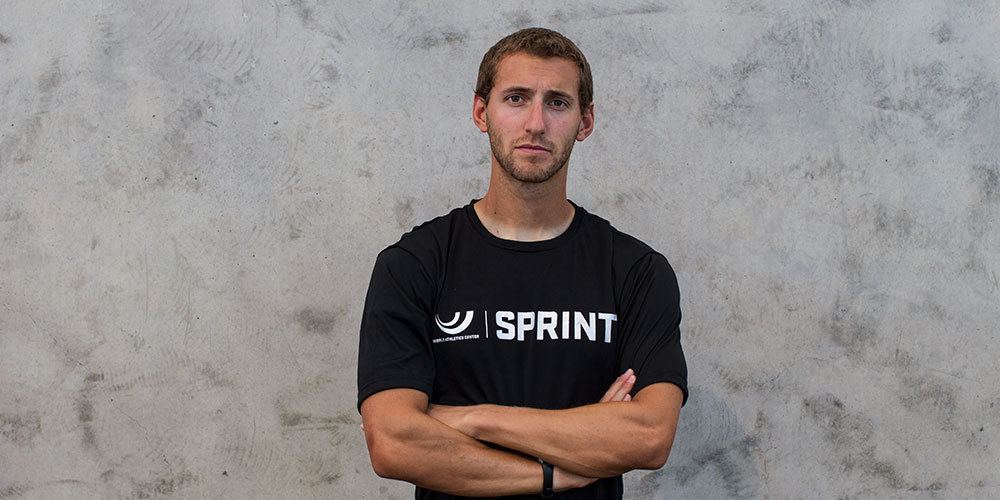A graduate of the University of Wisconsin-Madison, Mike Boykin is Events Director and Assistant Coach at Altis. Prior to joining Altis, Mike interned with various teams at UW-Madison, Quinnipiac University, and Northeastern University. He has also interned at Cressey Performance, a private training facility outside of Boston, Massachusetts. Mike is a certified Strength and Conditioning Specialist through the NSCA.
In this week’s blog-post, Mike looks at associations drawn from other walks of life, and examines how we can use these lessons to inform our coaching practices.
I’ve never gone fishing in my life.
To be perfectly honest, I don’t find it particularly interesting either. So when a close friend suggested I watch Salmon Fishing in the Yemen, it took me a few weeks to get around to it.
That being said, we can often find connections to our own career or life by looking in unlikely places. Likewise, seeking inspiration from alternative sources to widen our breadth of knowledge often aids us in making better connections within our own field of expertise.
The movie tells the story of a fisheries expert – Dr. Alfred Jones, who is recruited by a consultant – Harriet Chetwode-Talbot, to aid a Sheikh in realizing his dream of bringing fly-fishing to Yemen. After initially deeming the task conjecture and fantasy, Dr. Jones sets about drawing up and playing a major role in executing plans to make it happen. If you can move past the fairly predictable love-story sub-plot, it is easy to find lessons that are discussed and practiced daily here at Altis:
1. Make Unlikely Situations Work
“We conclude that conditions in the Yemen make this project fundamentally unfeasible”
Despite the seeming absurdity of the idea and key elements missing to enable the completion of the project, with a little bit of investigation, solutions to each and every problem were found.
It’s easy to point out why the situation you’re in cannot work. How many athletes and coaches train or operate within sub-ideal conditions? Yet how often do we see these same people rise through adversity by maintaining a positive mental outlook?
Dan Pfaff talks about mental resiliency often. While much of the research stems from work with Special Forces, we often use it in athletics in unfamiliar or psychologically challenging situations to assist in the stabilization of a motor skill, and aid in the the proper execution of a given task under duress.
The best athletes, and the ones with the longest track record of success make their environment work for them, whatever it is.
“The best athletes, and the ones with the longest track record of success make their environment work for them, whatever it is.”
Mike Boykin
2. Find the common denominator among people
“For fishermen, the only virtues are patience, tolerance, and humility”
The plot line brings together three drastically different people working towards the common goal of making fly-fishing feasible in Yemen. While they approach the problem from a multitude of angles, and initially find very little common ground, through open dialogue it is quickly revealed that their life experiences and motivations give them a common language. This proves to be vital. The Sheikh explains to Dr. Jones that while he believes they can make the project work, it will only materialize if Dr. Jones himself believes this as well. Throughout the movie we see the transformation of a stark disbeliever to a firm proponent of the project.
As an organization, we’ve all come together at Altis because we love the sport of track & field, and want to see the people involved in it grow and succeed. There’s a unifying theme behind the methods we bring to practice each day. As a cohesive Center, that is a critical factor for long-term success.
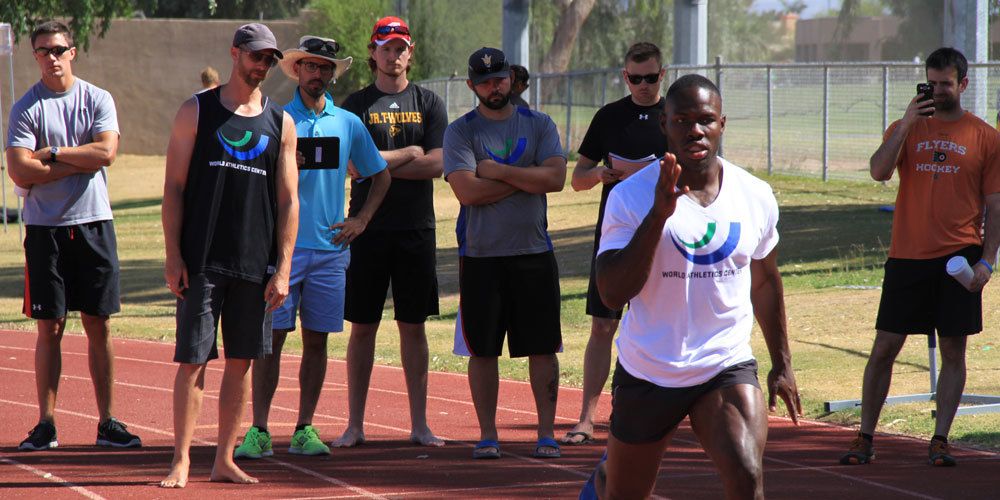
One of the aspects of Altis that has continually impressed me is the capacity of our coaches to operate together as a cohesive unit, even with differing levels of experience, and influences coming from many different coaching trees. We acknowledge the variations within technique and programming that exist, yet coach within an accepted technical model, and deliver sound progressions backed by both scientific literature and years of trial and error.
Coaches McMillan and Pfaff – the two coaches at Altis with the longest history working together – go about teaching, cueing, and developing acceleration abilities with their own style. Yet sit them down to discuss the principles of acceleration and the major landmarks, and their answers are very similar.
3. Ensure that the people around you understand and see the vision
“I expected people to understand what we were doing here. I expected them to see that it was really not about fishing at all. In the end, I asked for too much”
For the Sheikh, it was simple to see why building up the infrastructure to support fly-fishing in a barren land made sense for the long-term growth of the country. In his mind, it was a stepping-stone that should have been favorable step to spur long-term agricultural prosperity. However, he failed to show his vision with the correct lens to the people he was trying to help and engage. Despite initial failure however, the long-term outcome was important enough to prompt him try again with a different method.
The coach-athlete relationship is built on trust and a common language. It is for this reason that we are open with the athletes we work with. From the beginning, incoming athletes are told honestly and objectively what to expect. Personal bests, medals, and contracts are not guaranteed.
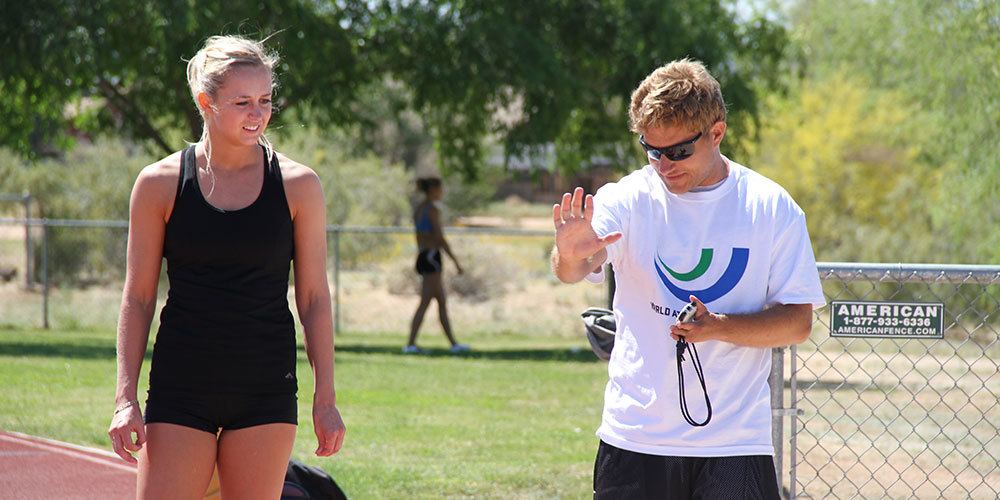
Yet if athletes work intelligently, manage lifestyle factors, and embrace training with an open mind, the above outcomes are attainable. Through daily, weekly, monthly, and yearly debriefs, the coach and athlete are able to review where in the process they stand and what measures are needed to take the next step.
4. The Benefits of Being Process Driven
“I’m going to stay. I’ll start again … a different approach … make it their project not ours, that’s the way to protect it”
Despite major setbacks in the long-term execution of his plan, the Sheikh remains optimistic. When adversity strikes, instead of quitting on the project, he focuses on what contributed to the success that they experienced the first time around; namely – the dedication, resiliency, and knowledge-guided decisions made by those involved.
Perhaps the most important, and difficult, mental factor in track & field is being process-oriented. In a sport where the results are pure objective measurements, it is easy to get lost in the numbers and judge all of your work on a single mark taken the day of competition. Many fall into the trap of thinking months and years of work are invalidated simply because they did not achieve a desired time, height, or distance.
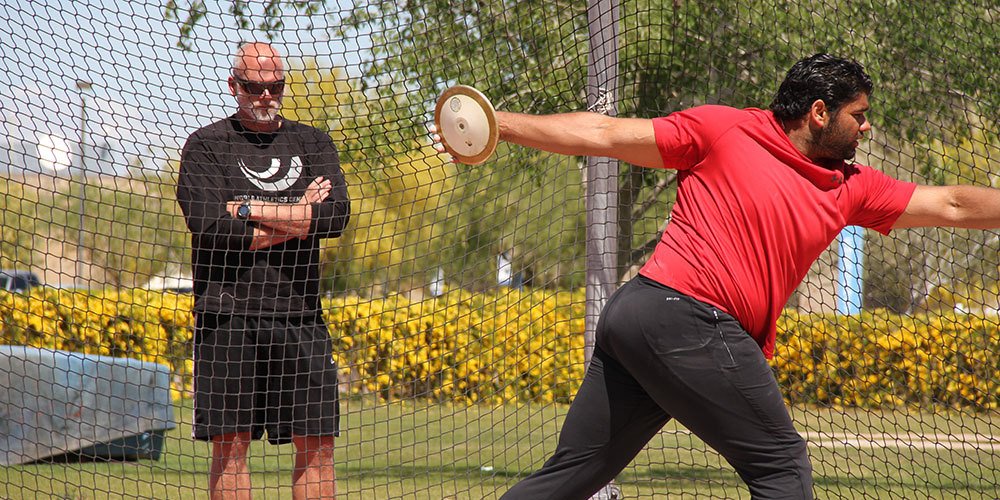
We stress the importance of having a process-driven mindset to allow for mistakes, deep learning, and future growth. We understand that success can manifest if programming, technique, lifestyle, and medical factors are all working in conjunction. However, they may not all line up in time for the first meet of the season. Or – for that matter – the first few years of the athlete’s career! It is vital that the athlete understands this and gives the process time to bare fruit.
So will I go fishing? Probably not. What I will do however, is try to step back when I read new things, talk to new people, or find myself dealing with unknowns. I will try, like the Sheikh – to look beyond my preconceptions in any given situation, and search for a lesson which I can apply to my working environment. Perspective is everything, details in isolation mean nothing.
